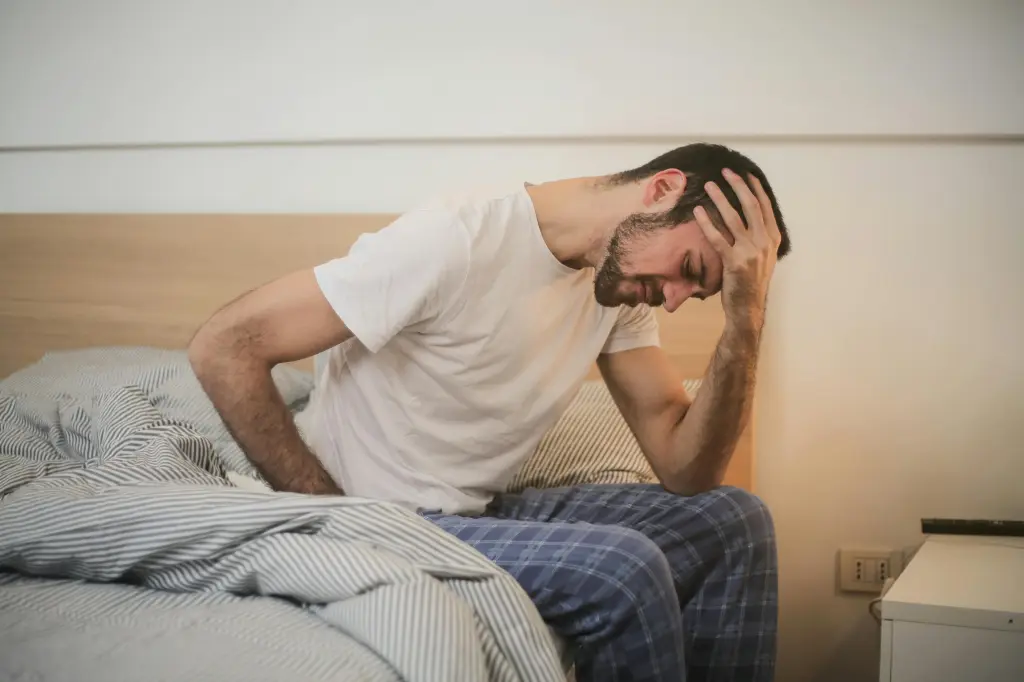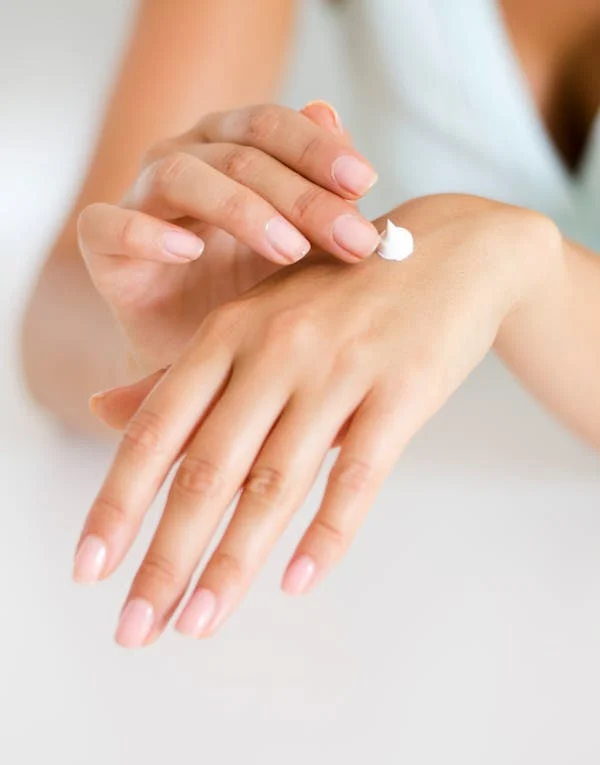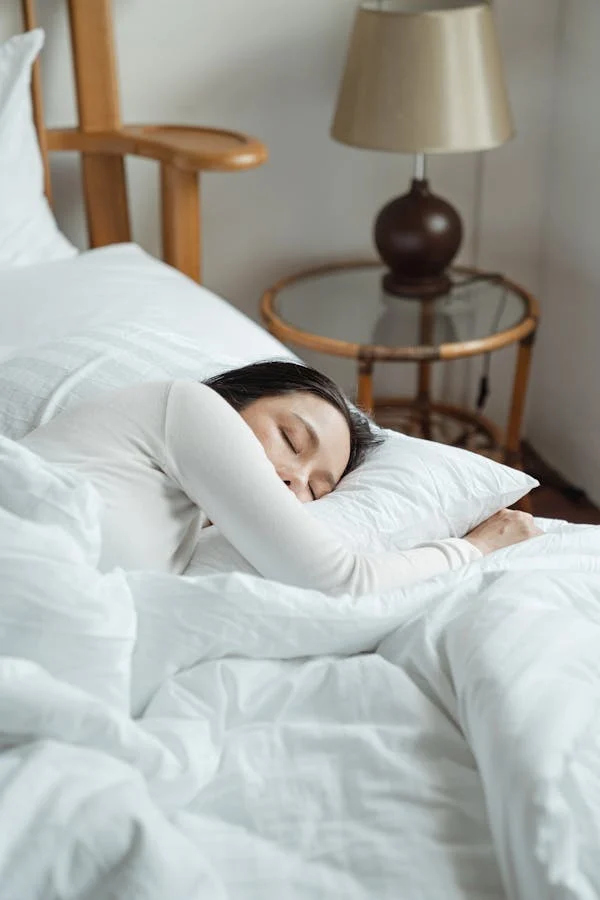Everyone experiences bowel problems at some point, such as diarrhea or constipation. These conditions are often temporary, resolving on their own or with the help of over-the-counter remedies and lifestyle adjustments, like changes in diet or physical activity. However, sometimes these issues may signal an underlying medical or gastrointestinal disorder that requires special care. Another significant bowel issue is fecal incontinence, which is the unexpected leakage of stool, potentially having a severe impact on an individual’s quality of life. Understanding the root causes of bowel problems can help individuals seek appropriate care, take preventive steps, and manage the issues more effectively when they arise.
What Causes Diarrhea?
Diarrhea is the body’s way of expelling harmful substances from the intestines. Its hallmark symptoms include loose or watery stools and an urgent need to use the bathroom. Additional symptoms may include:
- Stomach upset, abdominal pain, and cramping
- Vomiting
- Fever
- Fatigue
- Chills
- Bloody stools
- Loss of bowel control
Diarrhea is classified into acute (lasting less than two weeks) and chronic (lasting longer than two weeks).
Acute diarrhea is commonly caused by viral, bacterial, or parasitic infections.
- Viruses: Common culprits include adenovirus, rotavirus (leading cause in infants), influenza, and norovirus (leading cause in adults).
- Bacteria: Bacterial toxins from organisms like Shigella, Escherichia coli (E. coli), Vibrio cholerae, and Clostridioides difficile (C. diff) cause diarrhea. Other bacteria like Salmonella and Campylobacter can infect the stomach lining, leading to inflammation and diarrhea. Food poisoning often results from bacterial contamination.
- Parasites: Parasites such as Giardia intestinalis, Cryptosporidium parvum, and worms may cause diarrhea, often through contaminated water sources.
Additionally, certain foods, medications, and other conditions can trigger diarrhea:
- Sugar: Sugars, especially fructose found in fruits like peaches, apples, and pears, as well as in sweetened foods and drinks, can trigger diarrhea by drawing water into the intestines. Artificial sweeteners like sorbitol and xylitol in sugar-free products can have the same effect.
- FODMAPs: These poorly digested sugars, found in foods like dairy, wheat, onions, and certain legumes, can lead to digestive distress, including diarrhea.
- Dairy: Individuals with lactose intolerance struggle to digest lactose, causing diarrhea.
- Caffeine: Drinks and foods high in caffeine, such as coffee and chocolate, are linked to diarrhea.
- Medications: Many drugs, like antibiotics and antacids with magnesium, can lead to diarrhea.
- Stress: High levels of physical or emotional stress can also result in diarrhea.
- Immune Deficiency: Those with weakened immune systems due to illness or treatment may experience diarrhea more frequently.
Chronic diarrhea, lasting over two weeks, often signals a gastrointestinal condition such as irritable bowel syndrome (IBS), celiac disease, or inflammatory bowel diseases like Crohn’s or ulcerative colitis.
How to Treat Diarrhea
Most acute diarrhea cases resolve on their own within a few days. Symptoms are generally most intense during the first 24 hours and typically subside within three to seven days. Staying hydrated is crucial, with water and low-sugar sports drinks recommended to replace lost fluids and electrolytes. Over-the-counter medications containing loperamide (Imodium) or bismuth subsalicylate (Pepto-Bismol, Kaopectate) can reduce the frequency of watery stools and ease cramping, though they should be used cautiously when fever or bloody stools are present.
Applying heat, like a warm compress, to the abdomen can help alleviate cramps. Once diarrhea subsides, it’s best to ease back into eating with a BRAT (bananas, rice, applesauce, and toast) diet, as these foods are gentle on the stomach.
If diarrhea persists for more than two weeks, it is classified as chronic and warrants medical attention. Chronic diarrhea could indicate conditions such as lactose intolerance, celiac disease, IBS, or inflammatory bowel disease.
What Causes Constipation?
Constipation is characterized by infrequent bowel movements or the difficulty of passing dry, hard stools. It’s a common issue, particularly among older adults and women. Symptoms include:
- Fewer than three bowel movements per week
- Small, hard stools that are difficult or painful to pass
- Straining excessively during bowel movements
- A feeling of incomplete evacuation
Common causes of constipation include:
- Low-Fiber Diet: Fiber helps make stools bulkier and easier to pass. Most people consume far less than the recommended 25-30 grams daily.
- Lack of Exercise: Regular physical activity promotes normal bowel movements.
- Ignoring the Urge: Delaying bowel movements can reduce the urge to go, leading to constipation.
- Travel: Changes in routine and diet during travel can contribute to constipation.
- Laxative Overuse: Long-term use of laxatives can lead to dependency, making it harder for the bowel to function normally.
- Medications: Many drugs, such as iron supplements, diuretics, and opioid pain medications, can cause constipation.
- IBS: Some people with IBS experience sluggish bowel movements and may alternate between constipation and diarrhea.
- Pain Around the Anus: Conditions like anal fissures or hemorrhoids can make bowel movements painful, leading to avoidance and subsequent constipation.
How to Treat Constipation
Mild constipation can often be managed at home. Drinking six to eight glasses of water daily helps soften stools. Increasing fiber intake, through both diet and supplements, can also aid in stool passage. Over-the-counter laxatives, such as Milk of Magnesia or MiraLax, and stimulant laxatives like Correctol or Ex-Lax, can provide short-term relief. In severe cases, enemas or suppositories may be necessary to help empty the rectum.
For chronic constipation, it’s best to consult a doctor, especially if other symptoms like rectal bleeding or abdominal pain are present.
What is Fecal Incontinence?
Fecal incontinence is the unintentional passing of stool. It can range from occasional leakage of liquid stool to a more severe, daily condition. While fecal incontinence can occur in anyone, it affects more women, particularly those who have given birth, and tends to become more common with age.
Causes and Treatment of Fecal Incontinence
The most common cause of fecal incontinence is a weakened anal sphincter, which may result from muscle or nerve damage. Other causes include reduced rectal capacity and decreased sensation of rectal fullness. Diarrhea, in particular, makes fecal incontinence more challenging to manage.
Treatment depends on the cause. Fiber supplements can help firm up stools, while over-the-counter medications like loperamide or bismuth subsalicylate may reduce diarrhea. For fecal incontinence caused by impacted stool, enemas or manual removal may be necessary.
Pelvic muscle exercises, known as Kegels, can help strengthen the anal sphincter, while biofeedback therapy can help people regain control over their bowel movements. In more severe cases, surgery may be required to repair the sphincter muscle.
By understanding and managing these bowel issues, individuals can take control of their digestive health and improve their overall quality of life.








